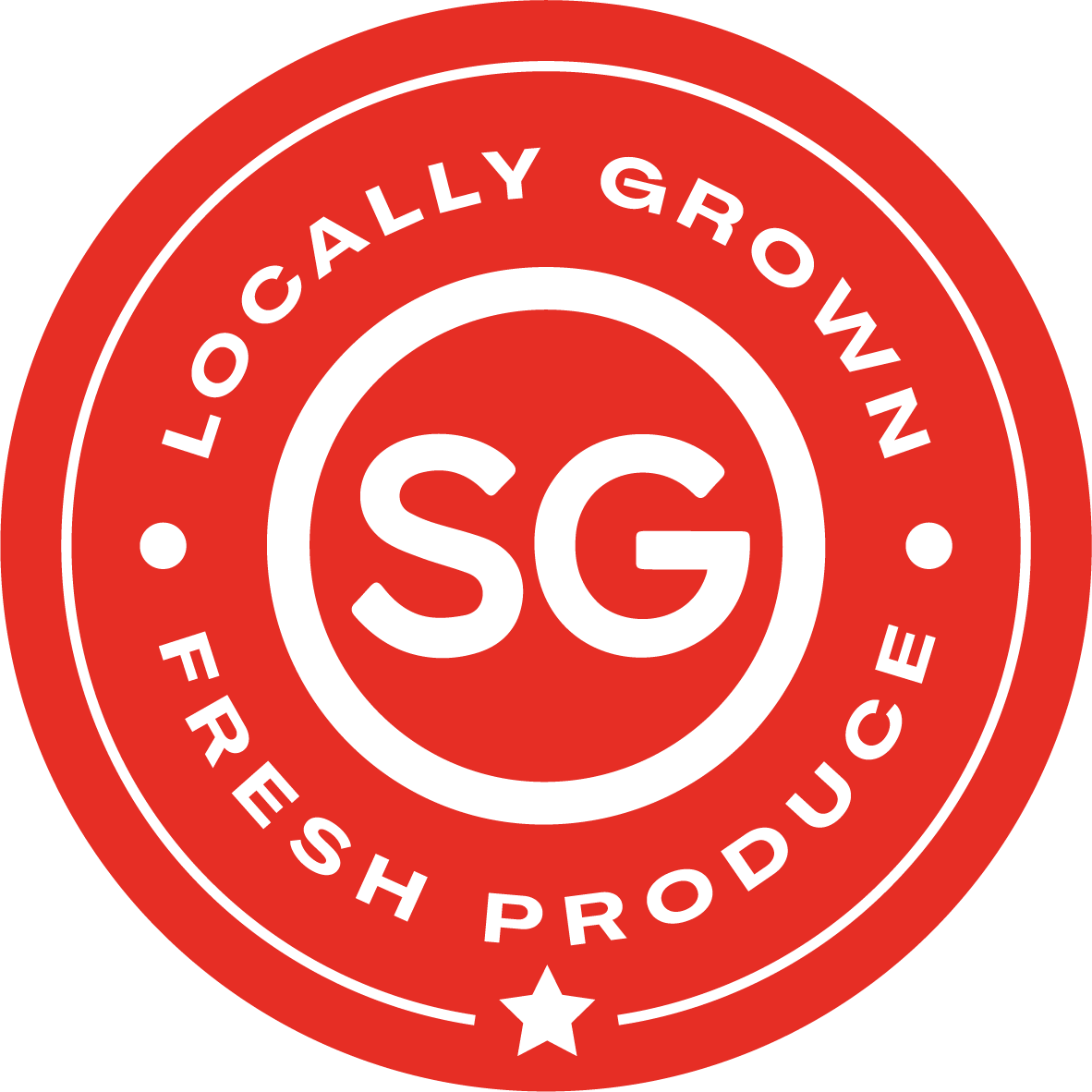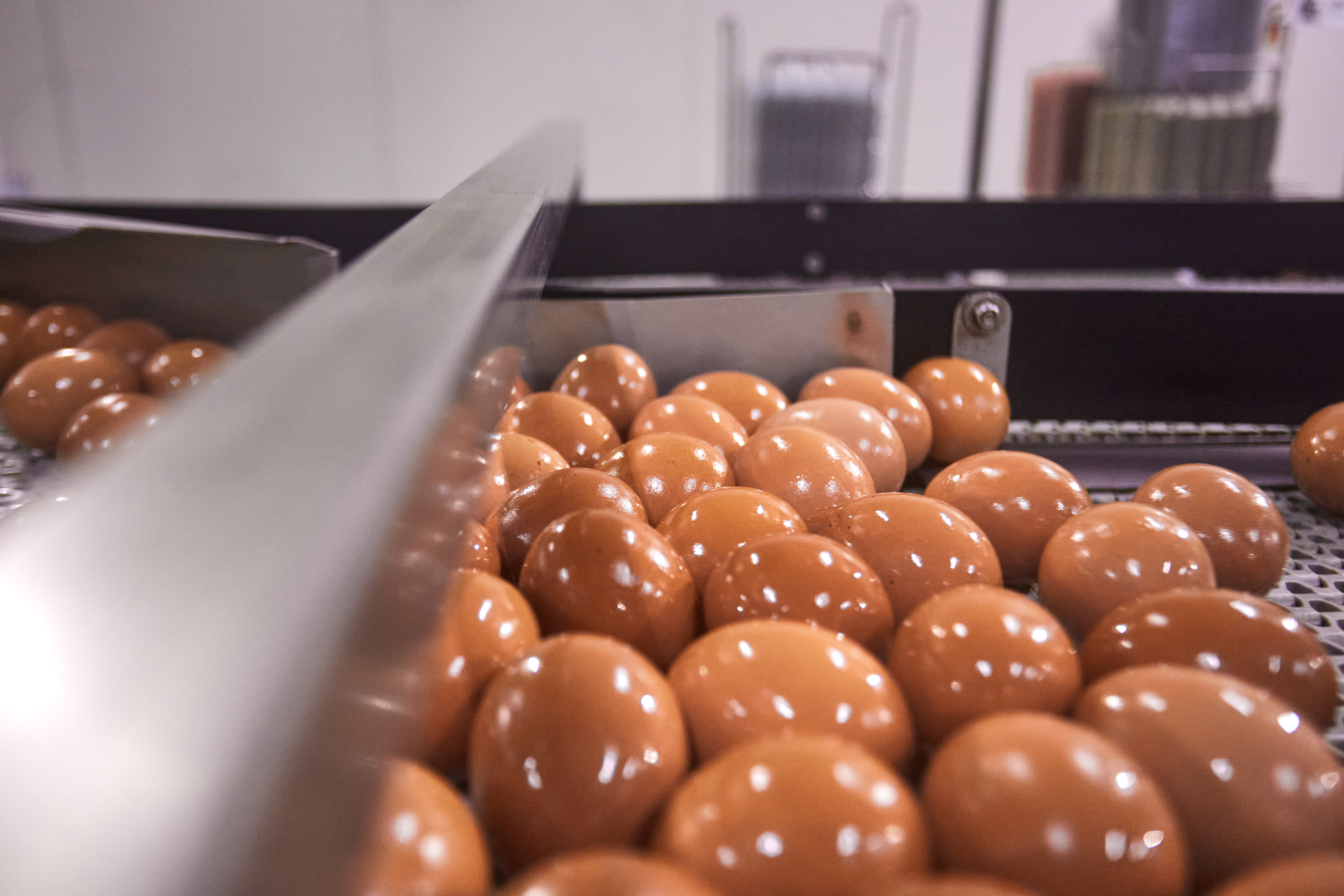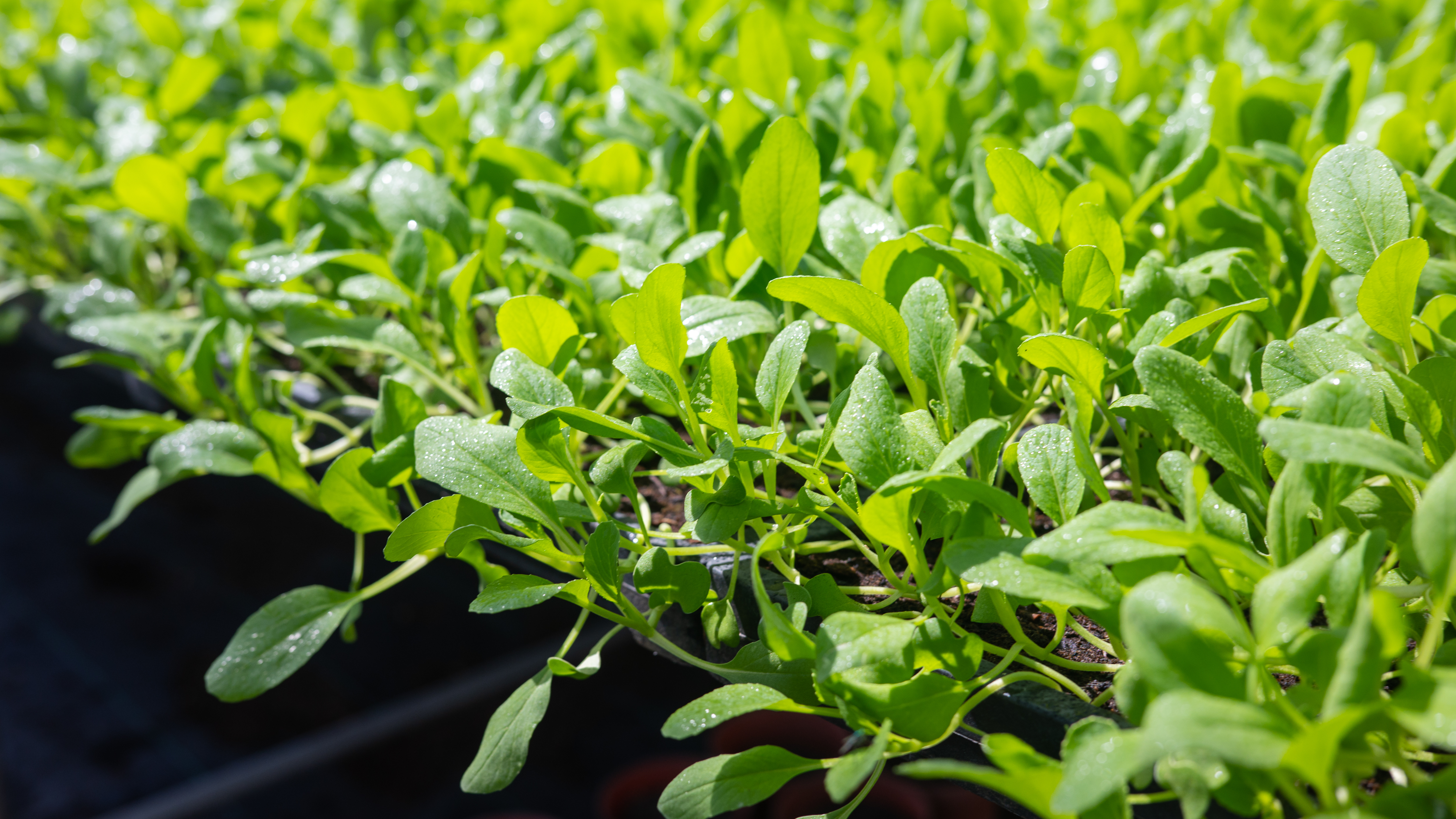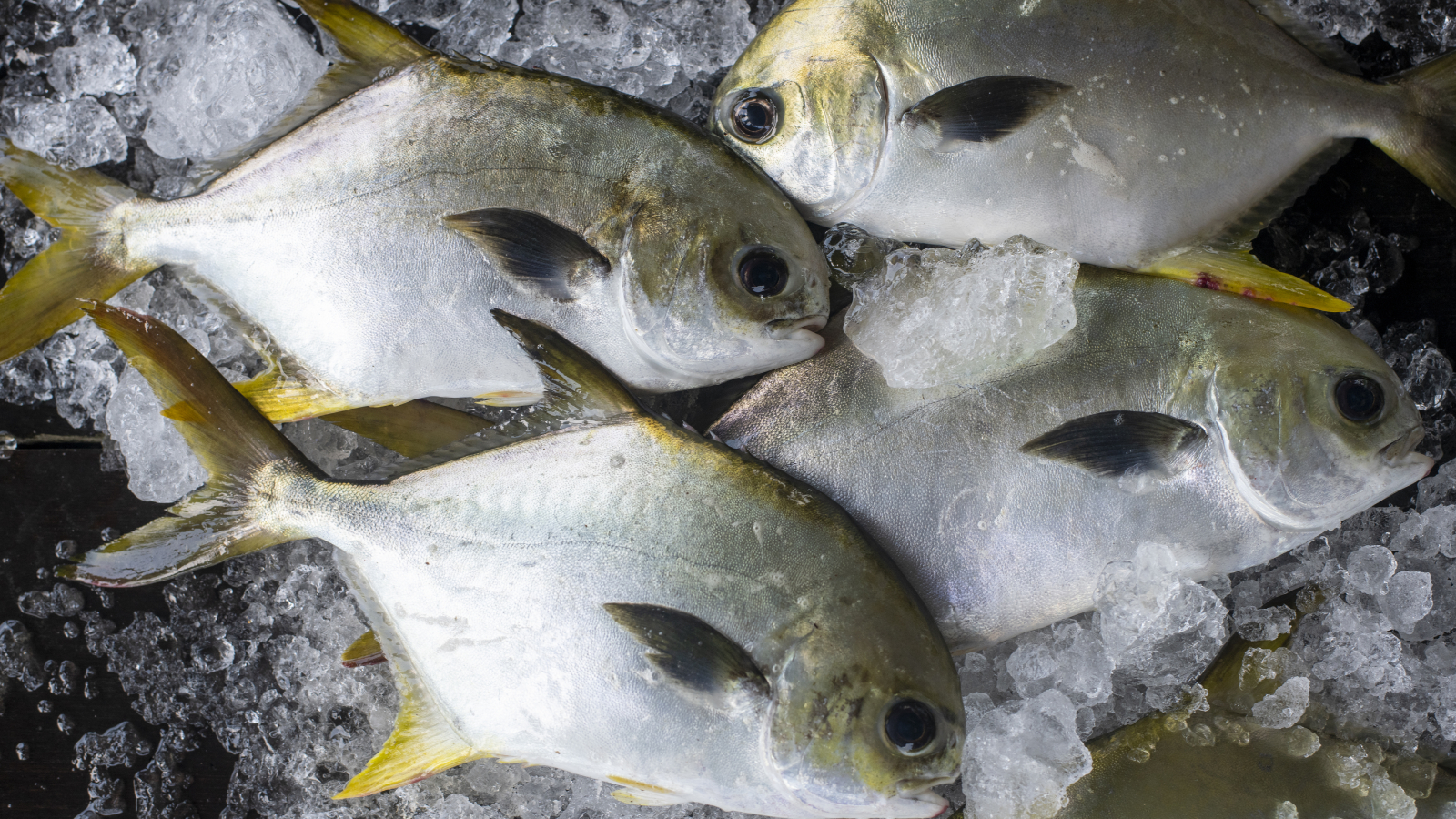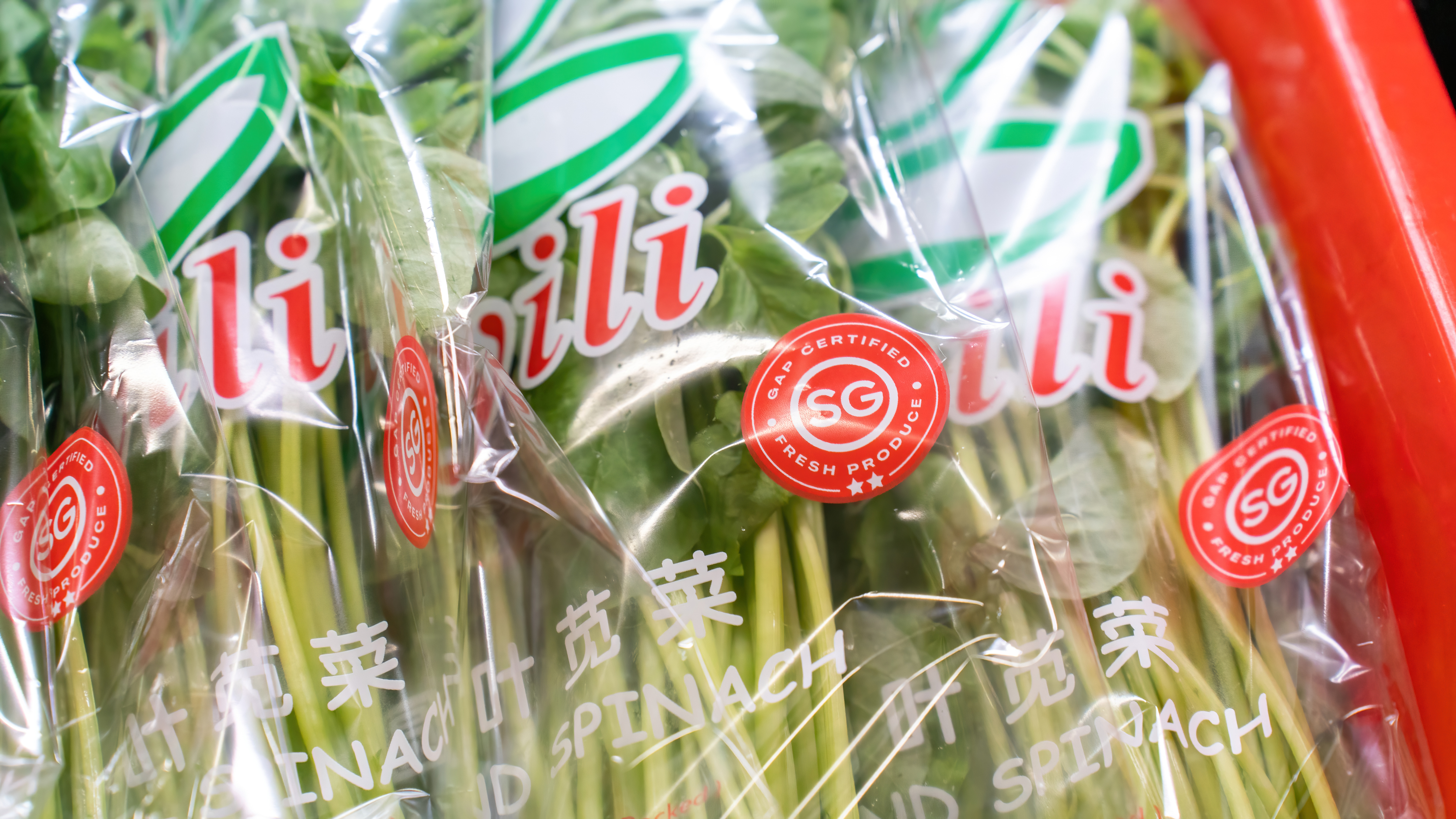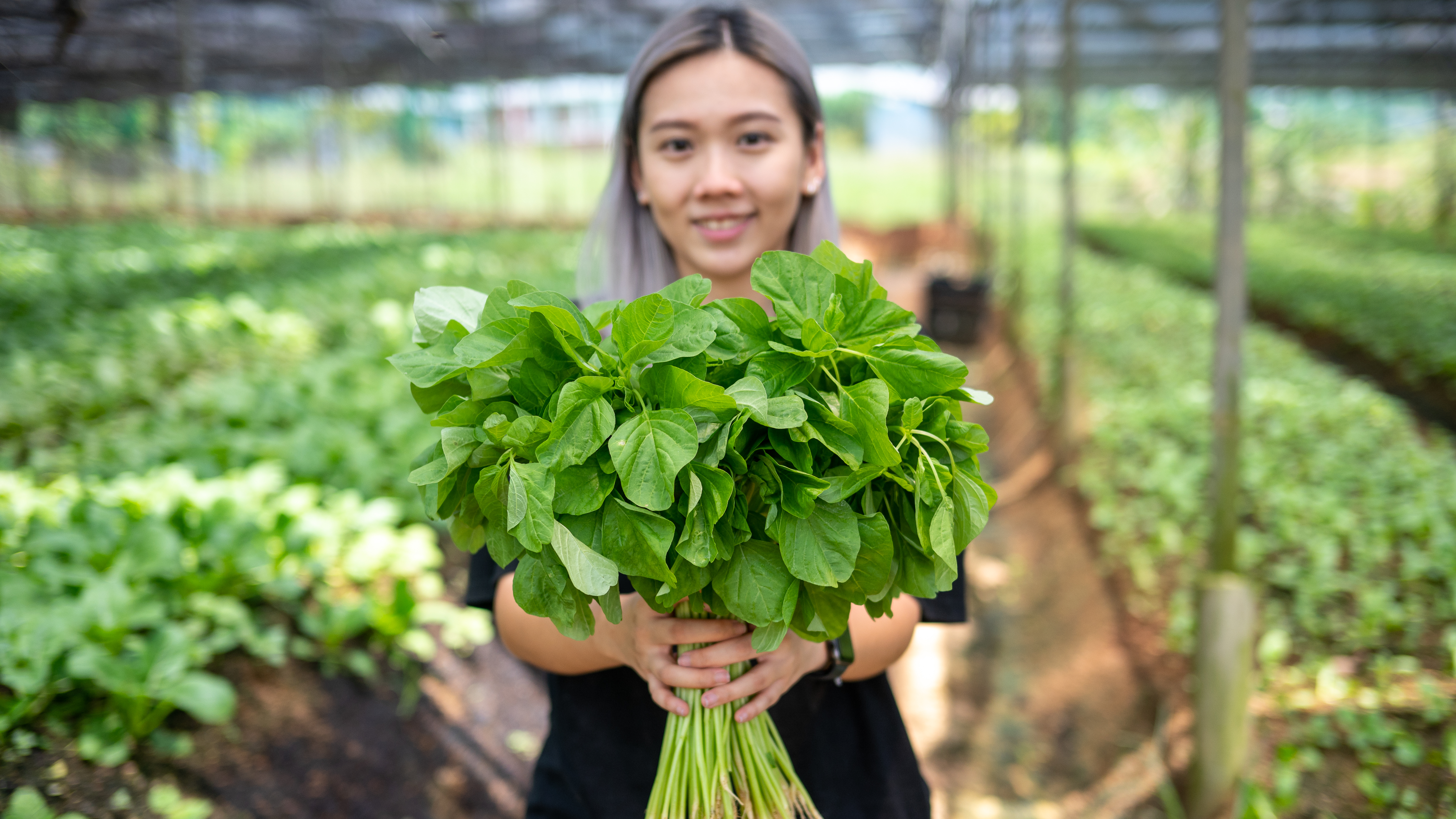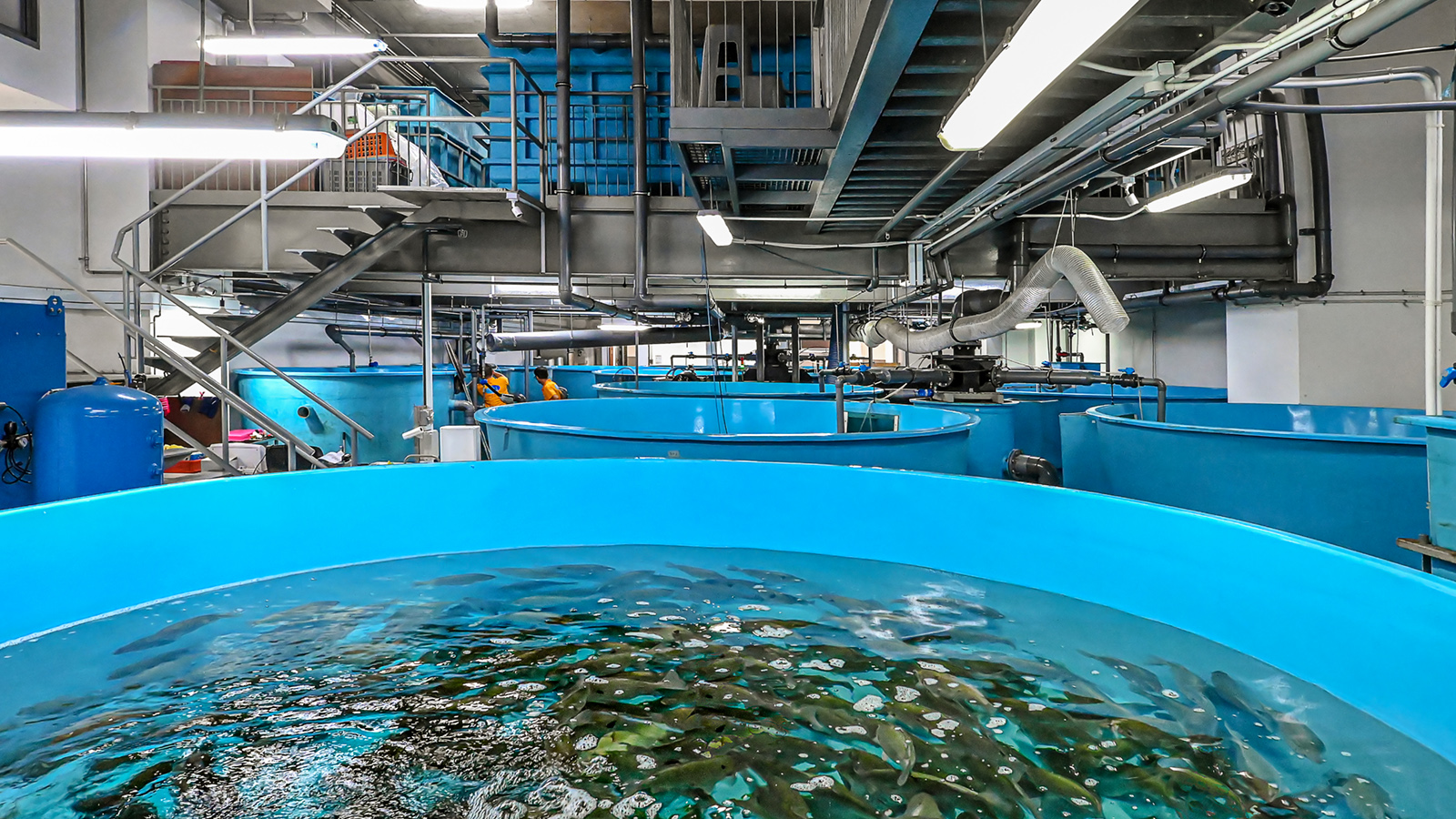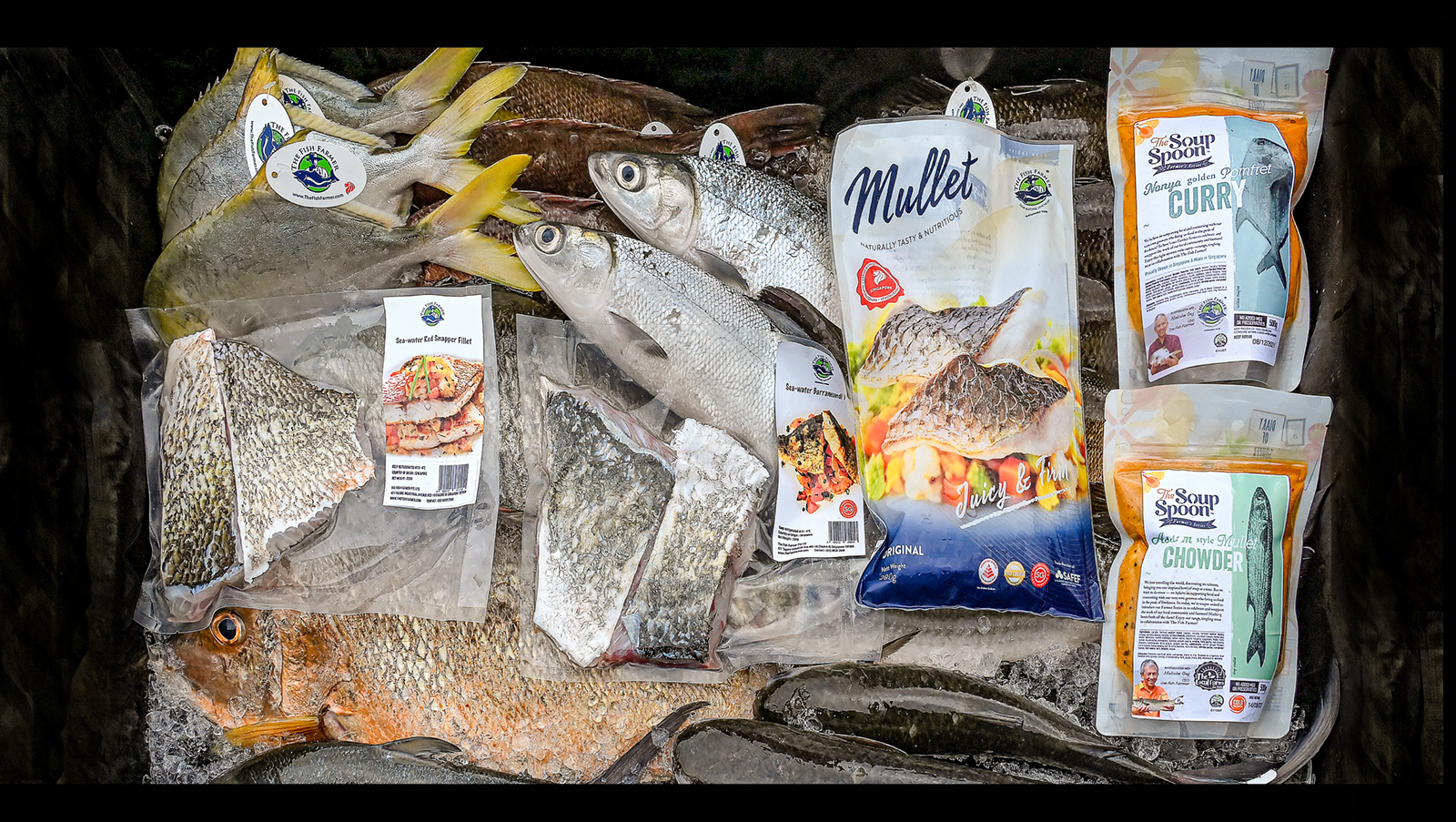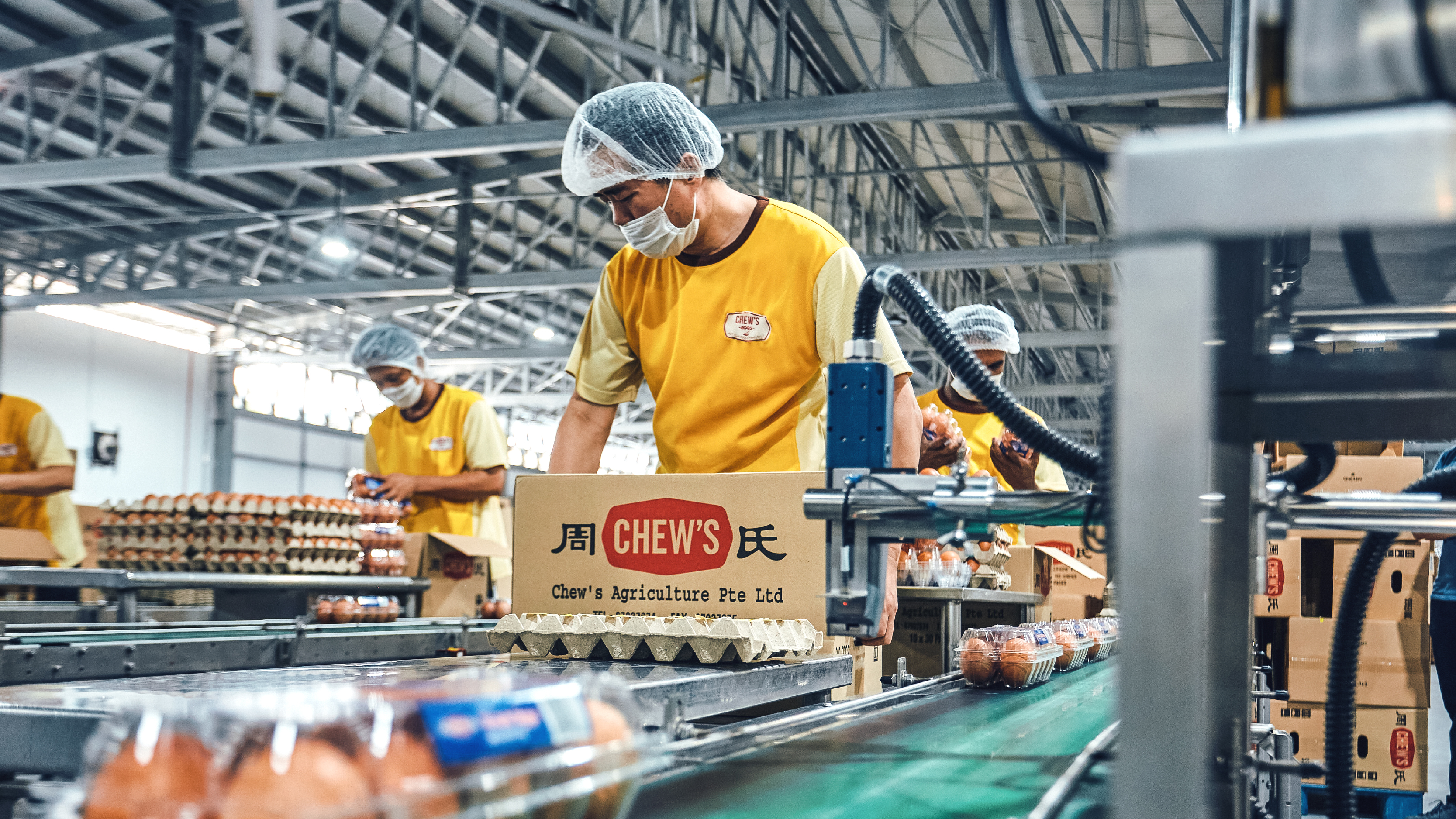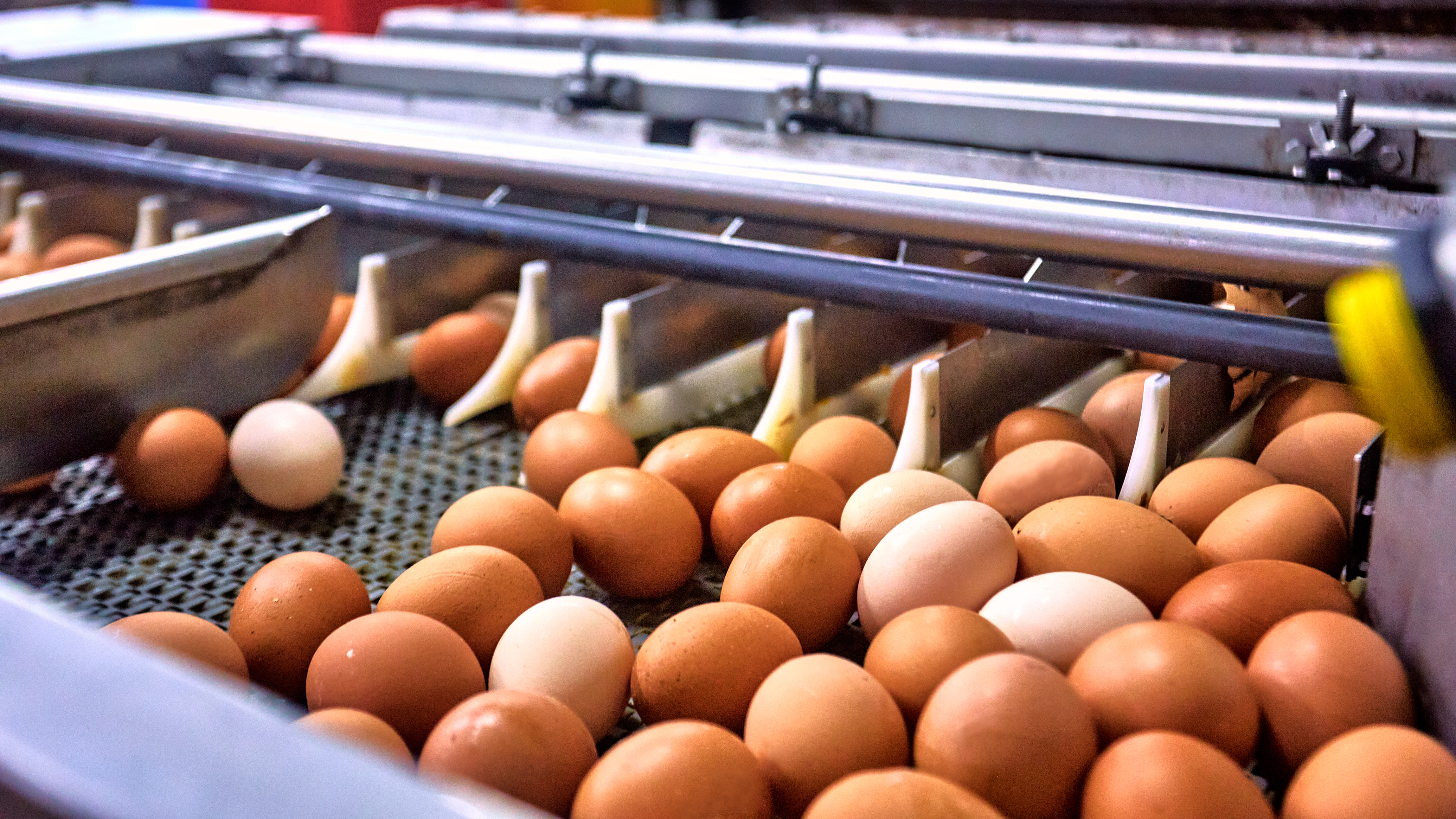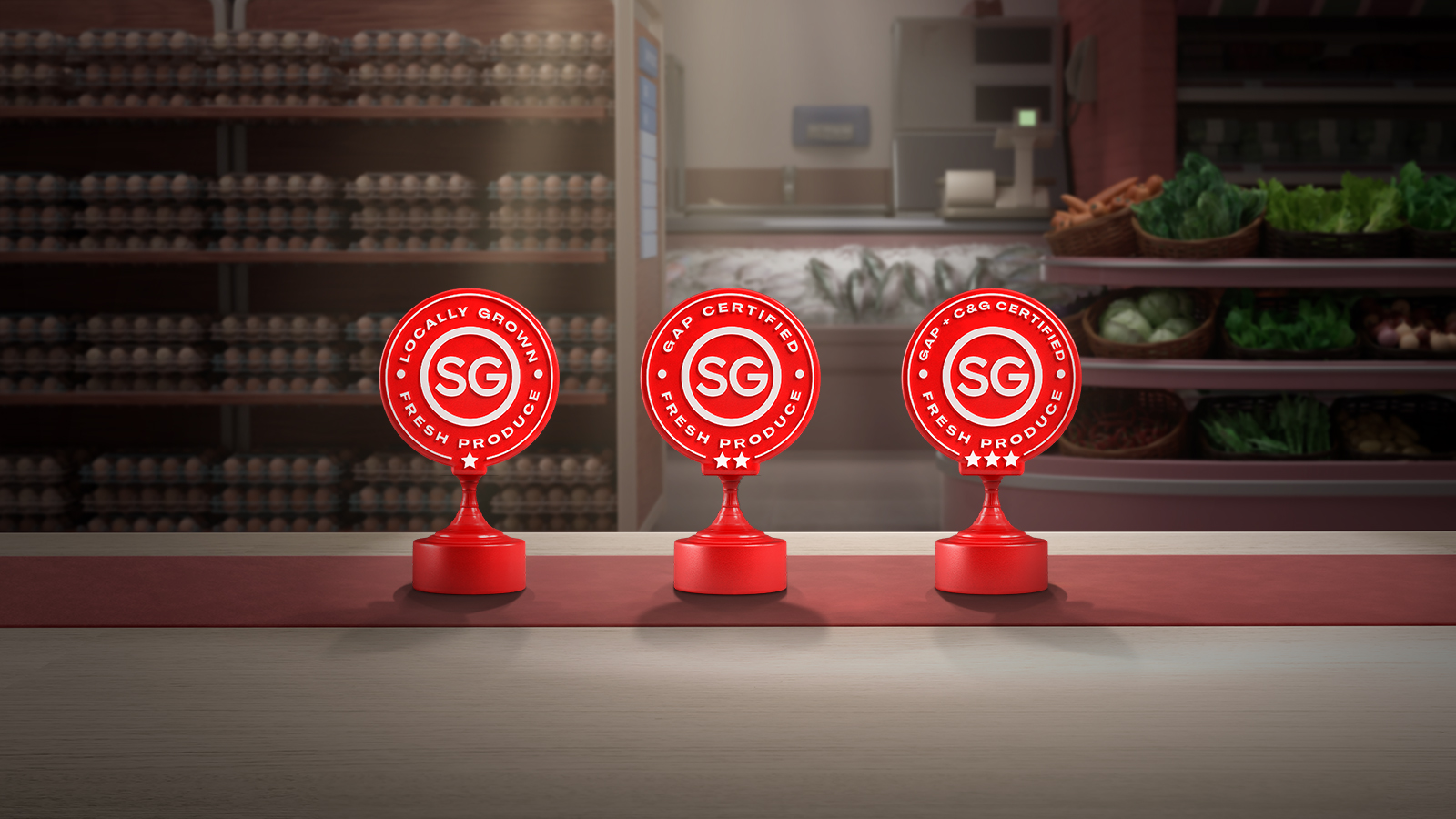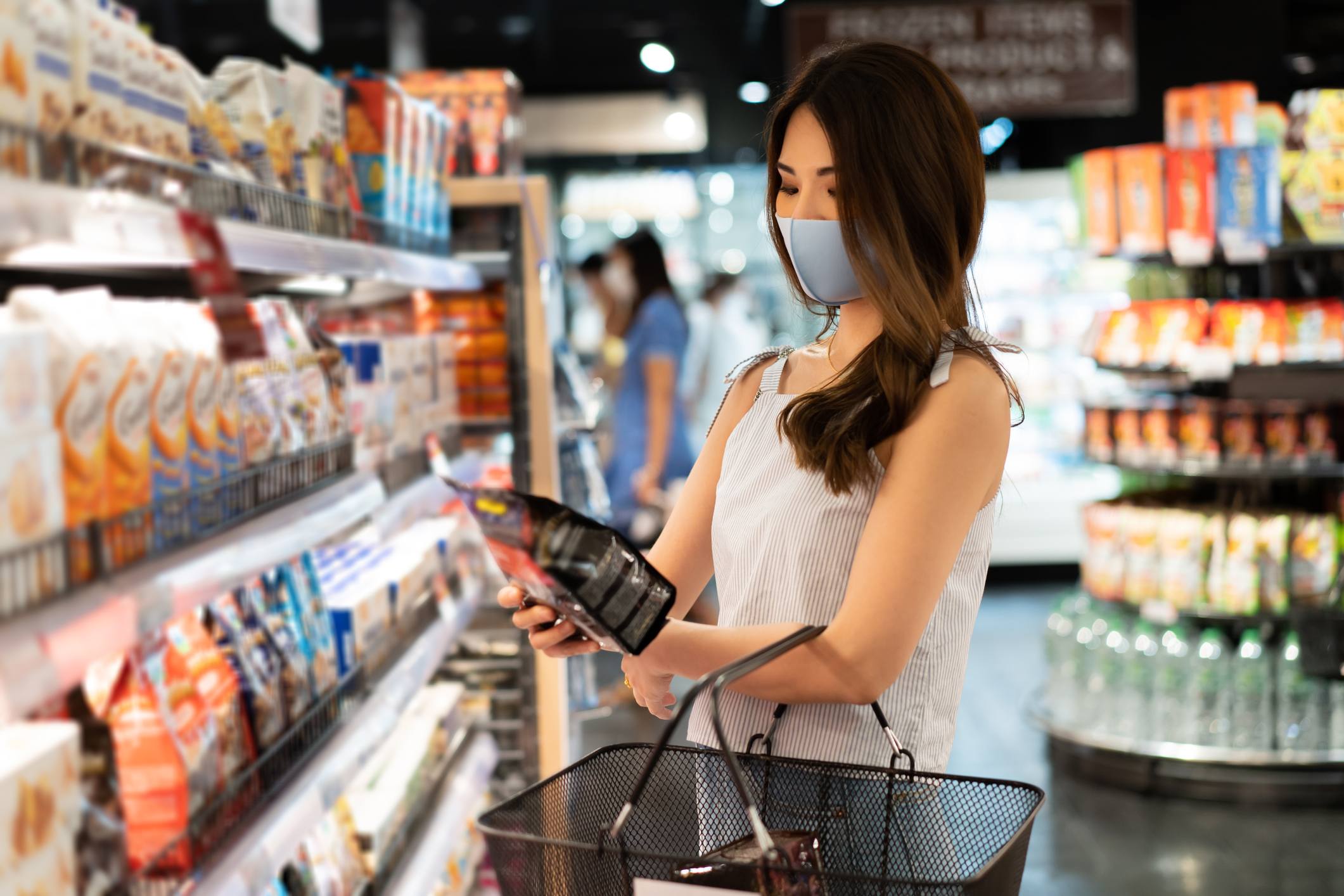It’s now easier than ever to champion our local farmers, with the 2-star Good Agricultural Practice (GAP) certified badge adorning the packaging of some of our island’s quality assured produce.
Whether you’re on the hunt for the freshest fish, the most delectable eggs or the most nutritious vegetables, our guide to the 2-star GAP-certified badge has got you covered!
What is the 2-star GAP-certified badge?
Previously, eggs, fish and vegetable farms were certified under the Singapore Quality Eggs Scheme, the Good Aquaculture Practice for Fish Farming (GAP-FF) and the Good Agricultural Practice for Vegetable Farming (GAP-VF) Certification Schemes.
Soft-launched in November 2021, the current SG GAP certification scheme combines these previous schemes under one unified scheme where the respective GAP certification standards are enhanced as Singapore Standards, making it easier for you to identify local produce and support our farming heroes.
To become GAP certified, farms can adopt the SG GAP certification standard, which is a set of requirements on farm management and practices that ensure quality assurance in production.
What exactly do the stars on the badges stand for?
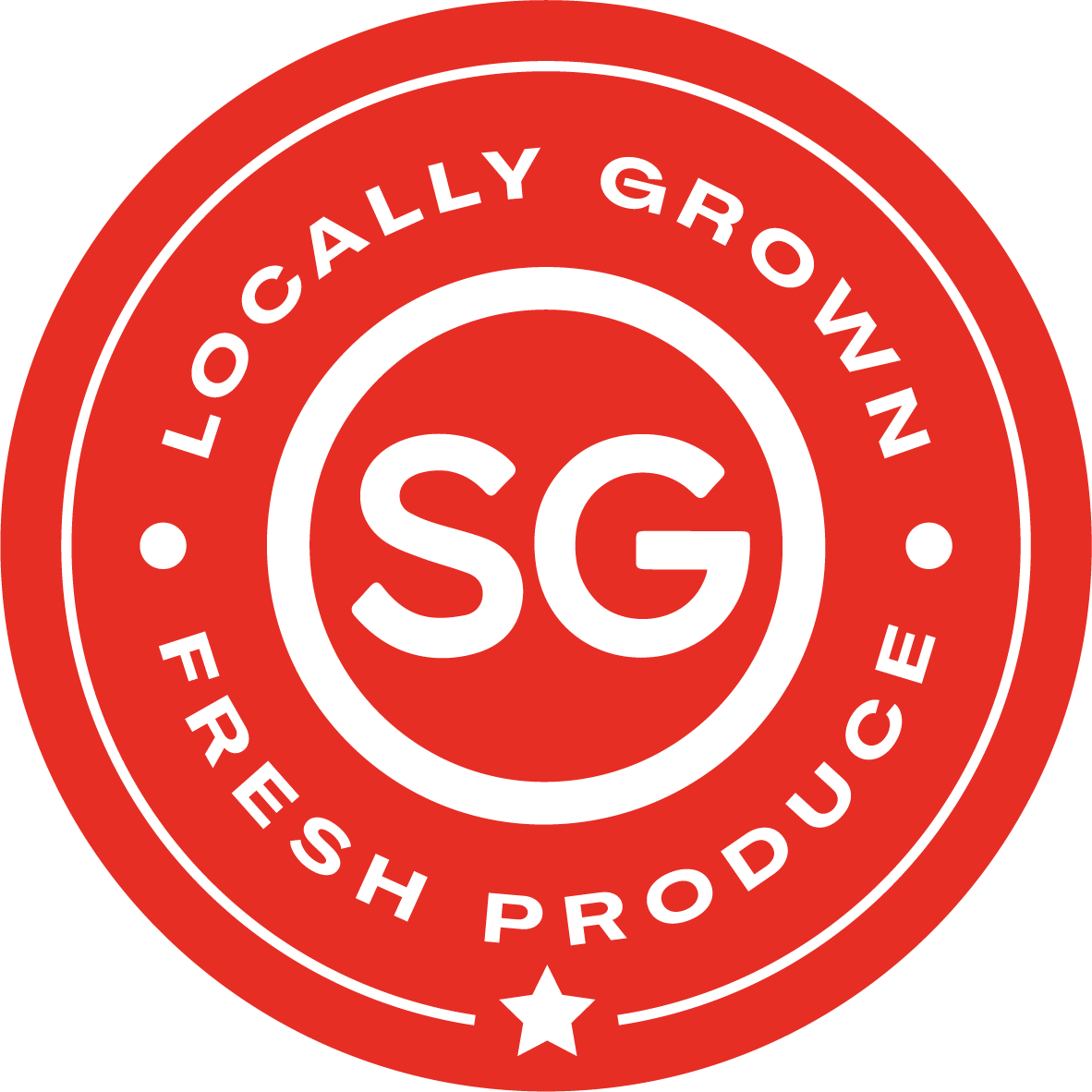
1-star
Denotes fresh produce such as fish, egg, vegetable, mushroom or others that is grown in Singapore by our farmers.
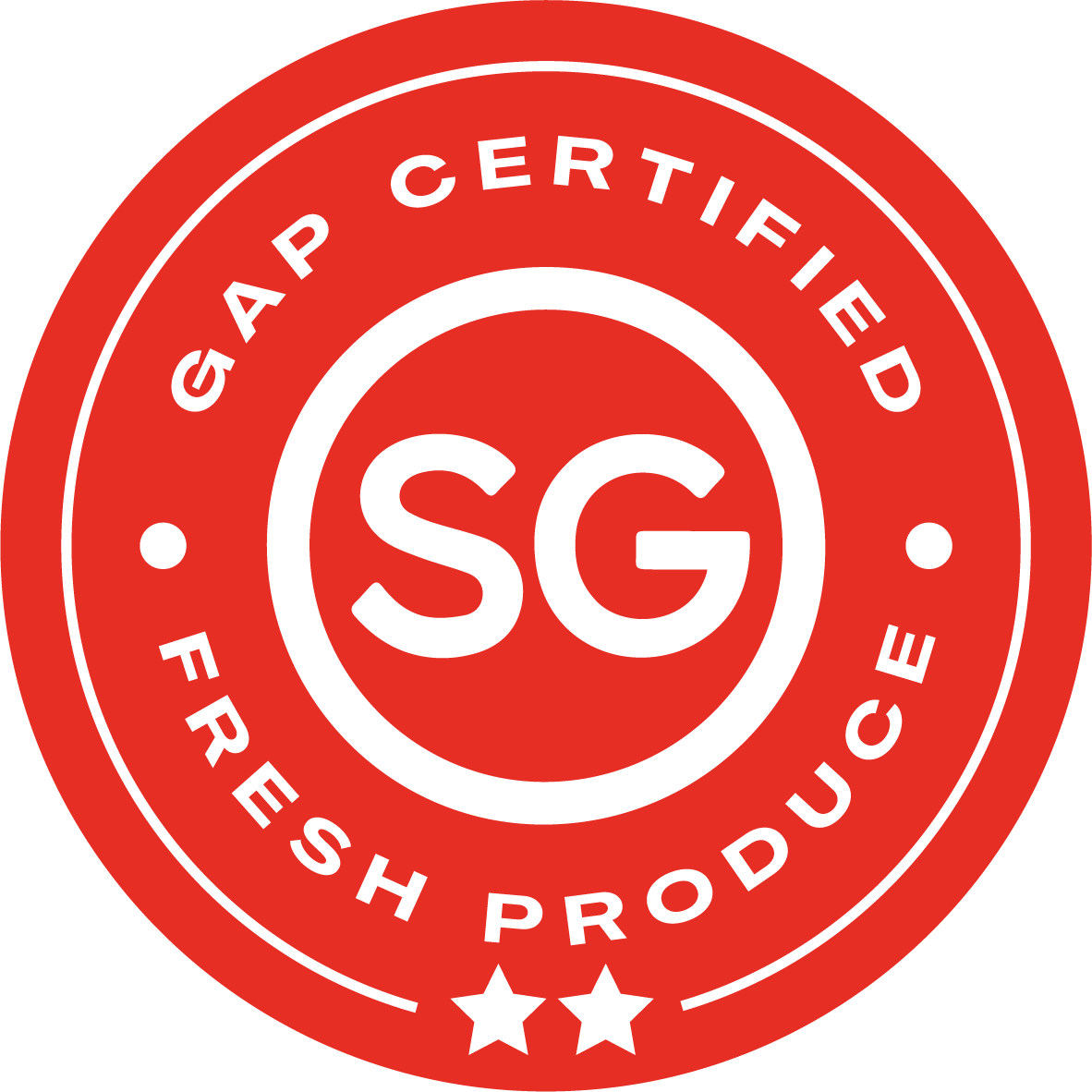
2-star
A quality assurance badge for farms that have fulfilled the criteria for SG GAP certification standards. It indicates that the produce is grown on a farm that has been certified by the SFA for its good agricultural practices in farm management and production.
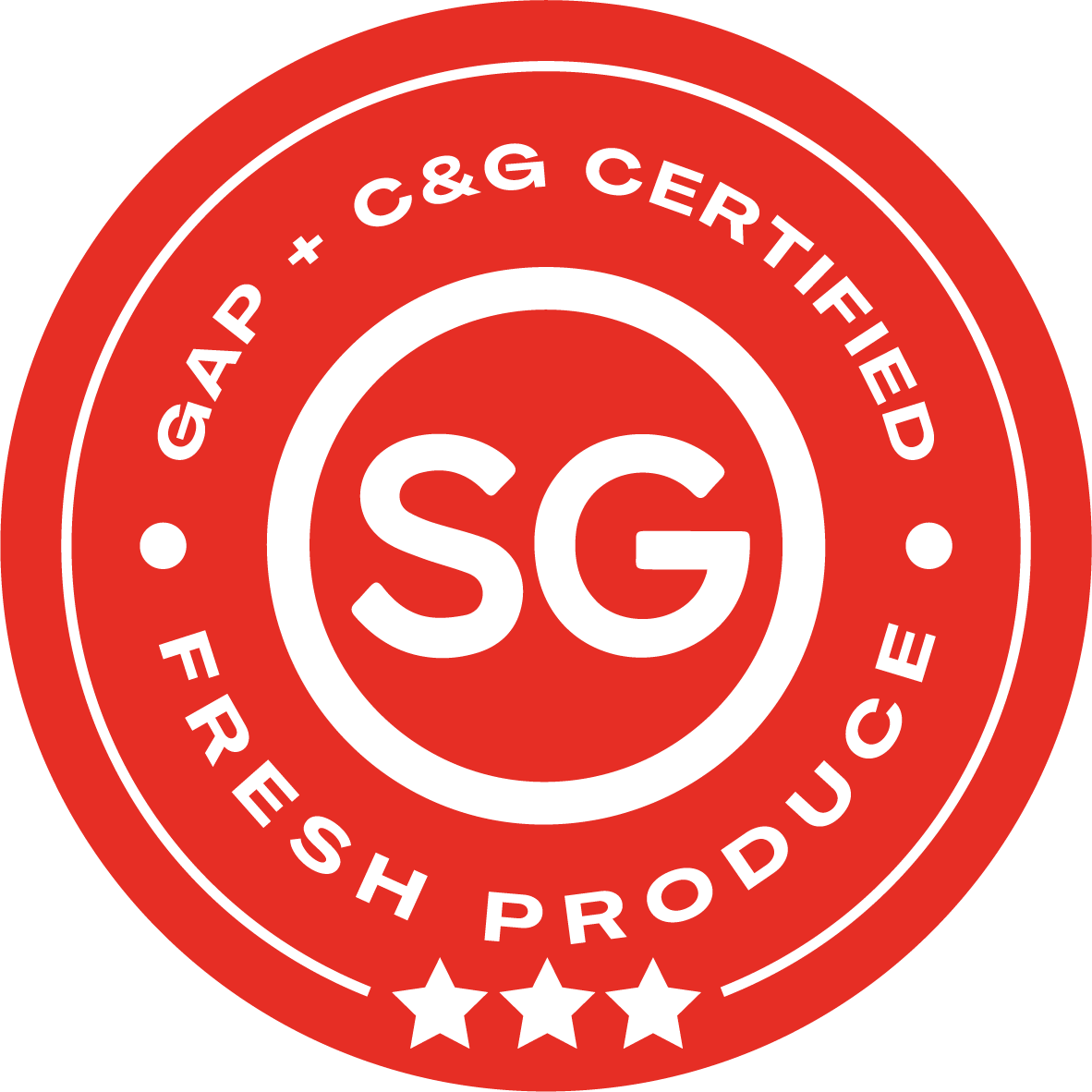
3-star
Produce that fulfils the 2-star GAP certification criteria and is cultivated in a clean environment and grown with sustainable practices.
What specific standards does a farm have to meet to obtain the 2-star GAP-certified badge?
Some of the various criteria that farms are inspected on include food safety management, environmental management, health and welfare of the farmed fish/animals alongside the health, safety and welfare of their employees. These criteria are aligned to international standards—which means quality assured produce is guaranteed.
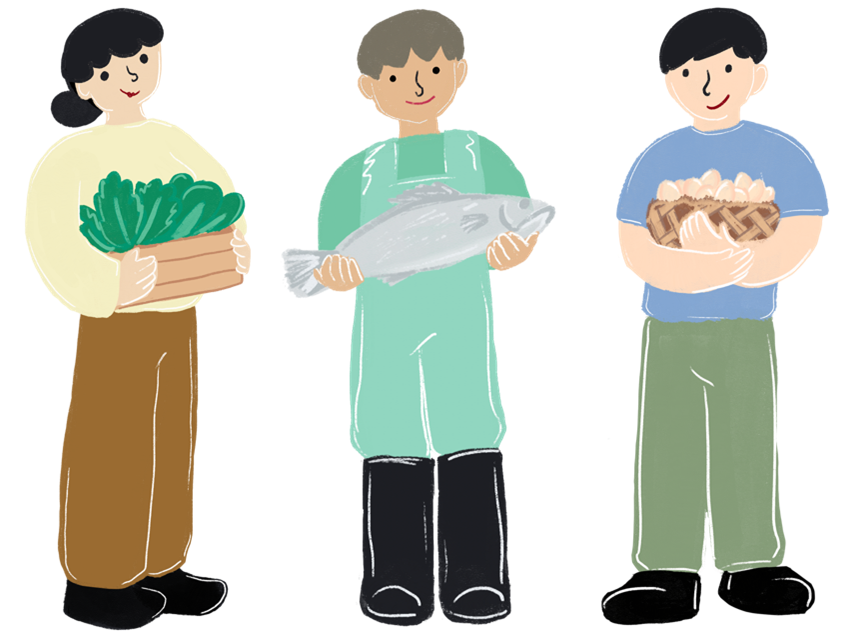
How long does it take for a farm to be certified?
On average, it takes about 3 months for a farm from application to farm audit and certification. This rigorous process involves a variety of processes, including on-site audit check for farm compliance to the standard requirements. Personnel working on the farm will need to have an understanding of the SG GAP certification standard requirements, and implement them into daily practices.
I’m looking to sample local produce — Which of our farms are SG GAP certified?
Currently, you’ll find fish, egg and vegetable farms with 2-star GAP certification, signifying that their produce is of premium quality. Here’s a list of local farms that have attained the SG GAP certification.
Vegetable Farms
Yili Farm
Established in 1996, this family-run farm is helmed by second-generation sibling duo Toh Ying Ying and Toh Zheng Jie.
You’ll find their scrumptious veggies like spinach and lettuce at FairPrice, Sheng Siong and online platforms such as Amazon Fresh, FairPrice Online and RedMart.
Fish Farms
The Fish Farmer
With four farms located off the coast of Singapore, The Fish Farmer has been feeding the heartlands with fish like mullet, red snapper and seabass since 2007.
You’ll be able to find their produce at NTUC FairPrice Xtra outlets, Shopee, Amazon, RedMart and FairPrice Online.
Egg Farms
Chew's Agriculture
Choosing Chew’s eggs (pun intended) is always a great option. After all, this egg farm has been around for over three decades, and supplies Singapore with over 180 million eggs a year.
You don’t have to scramble to sample their eggs — just visit any of our island’s major supermarkets or check out RedMart.
N&N Agriculture
With an annual production of over 128 million eggs a year, N&N Agriculture is a pillar of our local farming community.
Besides regular chicken eggs, the farm also produces Japanese-style soft yolk eggs, tamagoyaki and poached eggs. Visit Egg Story to find out more!
Fun Fact 3: N&N is Singapore’s only farm to sell pasteurised eggs, a delicate process that involves immersing eggs in a warm water bath.
